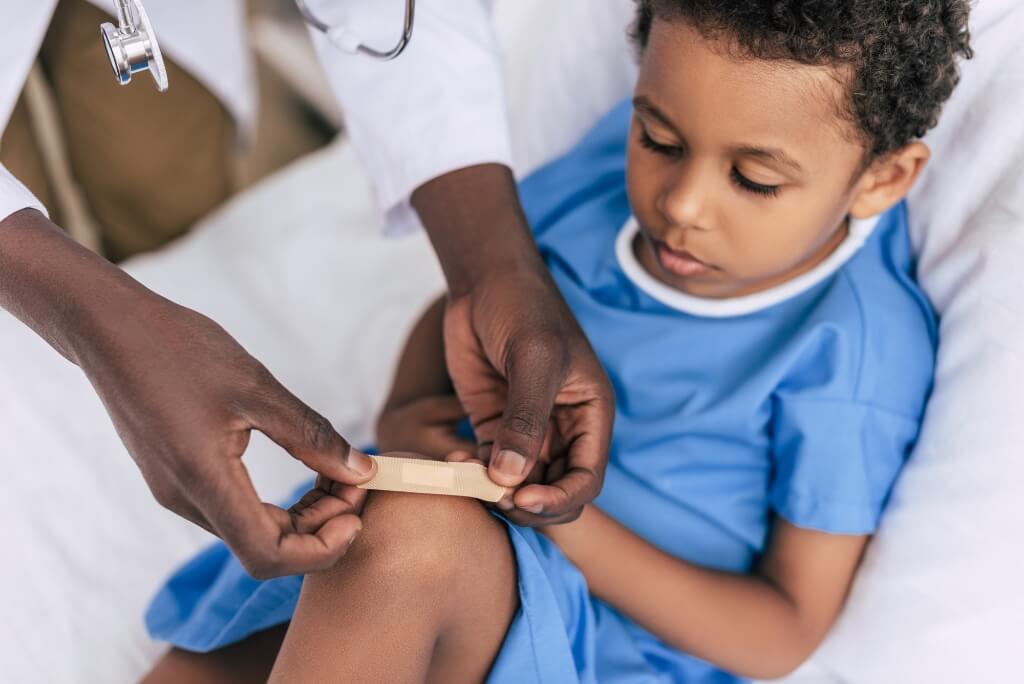Children’s Rights
Children are Protected by Law
The well-being and best interest of a child is taken very seriously in the eyes of the law. All minors under the age of 18 are protected, are defended, and are guided by legal counsel without question under their legal right. For any number of reasons, a child could require legal assistance and it only works in their benefit to know exactly what their rights are and how to access appropriate resources for any given situation.
While still in early developing stages, children do not retain certain rights as adults do such as to vote, own property, give medical consent, or enter into any formal contracts. With age, these rights are given to them. Until they reach the age of 18, a parent or legal guardian must be present and of sound mind to act on their behalf.

We Take Justice to Heart
Racine Divorce understands how trying a divorce can become. We want to help you make the best choices, the right choices for you and the ones you love.
Through our online and in person services, we are committed to help you obtain the outcomes you want and need in order to move forward with your life plans and goals. Ideally, we would like to help you move through a peaceful and rational divorce process. Although this doesn’t always end up being the case, we will give you our very best so you can work towards a healthy, sustainable future.
Our priorities are your priorities.
Basic Human Rights
Every child is born into a basic set of human rights. These include healthcare, a safe environment, nutritional food resources, and education. If a parent fails to meet the basic needs of their child, the child is subject to be removed from their home and placed in the care of the legal system to ensure these needs are met. It is a parent’s right to raise their children as they see fit, but cannot neglect or violate any of these basic human needs.
Rights to Equal Protection
It is a child’s constitutional right to be treated, protected, and defended by authority regardless of their race, gender, disability, or religion. Any violation of this law is wrongful and can be upheld in court. Legally, any minor is also entitled to due process, meaning they are granted notice and a court hearing before any basic rights could be revoked by the government for misdemeanor.
If your child has physical or mental disabilities, they are likely to qualify for additional rights and protections in addition to those stated above. Minors who require further care or accommodations qualify for access to certain living resources, health care, and educational accommodations that will help them live a healthy, sustainable life.
With Age Comes More Autonomy
As a minor gets older, growing out of young childhood into teenagers, they are given more rights to responsibilities and autonomy to prepare them for adulthood. For instance, regulations around freedom of speech are more monitored and controlled in grade schools than they are in college. As a minor becomes a teen, they may qualify for certain kinds of legal employment under the Fair Labor Standards Act. It is important to check your local state and county legislation for employment allowances.
In cases where a child is exceptionally mature, they may qualify for something called emancipation. This procedure must be petitioned by the state court, but if authorities deep suitable, the child may be granted rights and responsibilities equal to those given to adults over 21. These instances are rare, but necessary if a child has proven competent, mature, and capable of independence at home and in the eyes of the law.